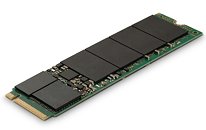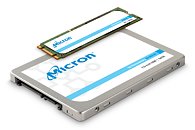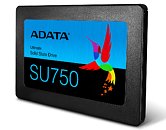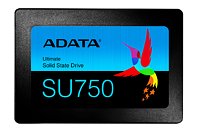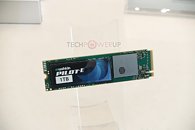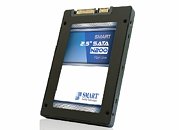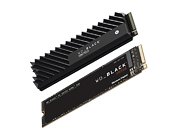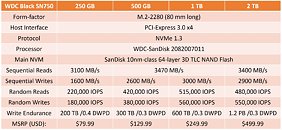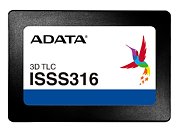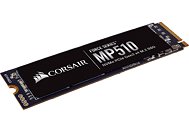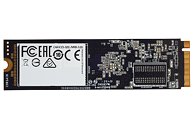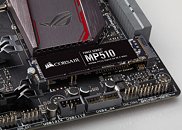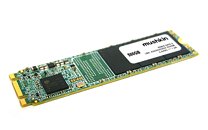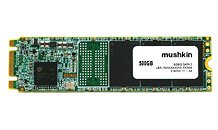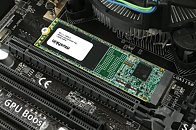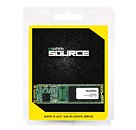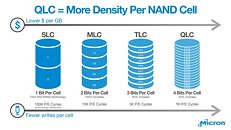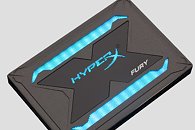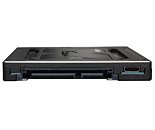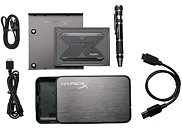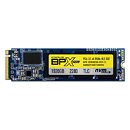
Micron Unveils 2200 Client-segment SSD, Ditches SMI for In-house Controller
Micron has curiously been releasing client-segment SSDs these recent weeks. The company's main brand was focused on enterprise products, while subsidiary brands Crucial and Ballistix catered to the client-segment. Following up on its late-February launch of the 1300-series client-segment SSDs, Micron unveiled the even faster 2200-series. These drives ditch Silicon Motion-sourced controllers in favor of a new controller Micron designed in-house. Built in the M.2-2280 form-factor with PCI-Express 3.0 x4 interface, taking advantage of the NVMe protocol. This in-house controller is mated with Micron's 64-layer 3D TLC NAND flash, cushioned by its own LPDDR4 DRAM cache.
Available in capacities of 256 GB, 512 GB, and 1 TB, the Micron 2200 is rated to offer sequential transfer rates of up to 3000 MB/s reads, with up to 1600 MB/s writes, up to 240,000 IOPS 4K random reads, and up to 210,000 IOPS 4K random writes, with an endurance rating of 75 TB, 150 TB, and 300 TB, for the 256 GB, 512 GB, and 1 TB variants, respectively. Micron-exclusive features also make their way, such as native power-loss data-protection, and TCG Opal SED. The company hasn't revealed pricing or availability for these drives.
Available in capacities of 256 GB, 512 GB, and 1 TB, the Micron 2200 is rated to offer sequential transfer rates of up to 3000 MB/s reads, with up to 1600 MB/s writes, up to 240,000 IOPS 4K random reads, and up to 210,000 IOPS 4K random writes, with an endurance rating of 75 TB, 150 TB, and 300 TB, for the 256 GB, 512 GB, and 1 TB variants, respectively. Micron-exclusive features also make their way, such as native power-loss data-protection, and TCG Opal SED. The company hasn't revealed pricing or availability for these drives.
